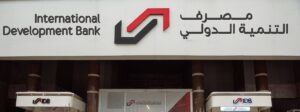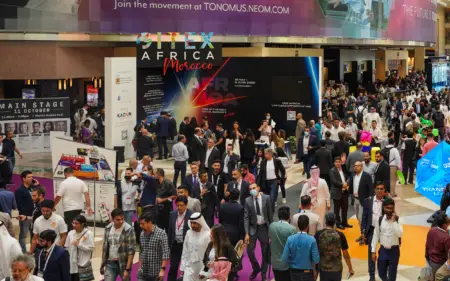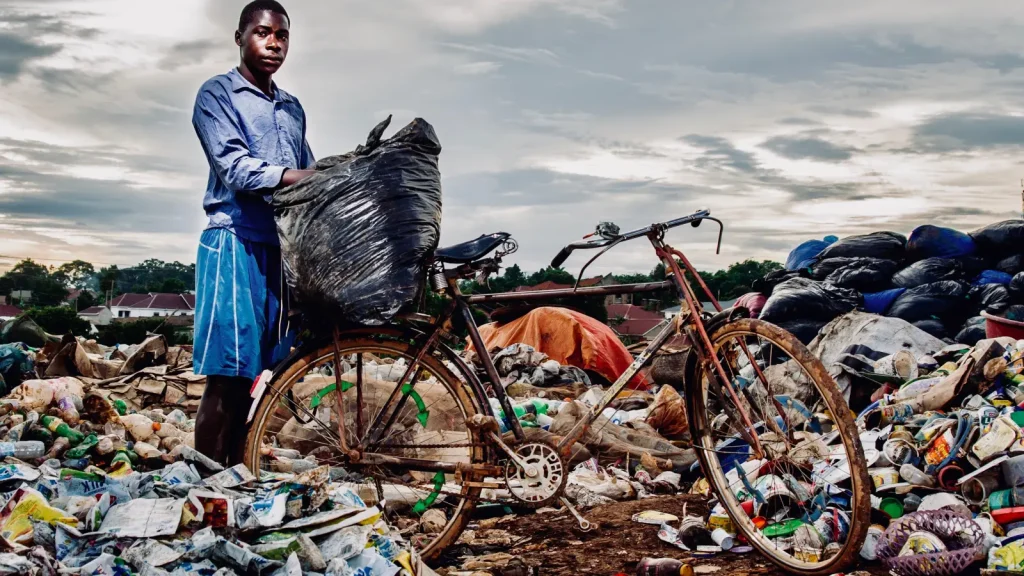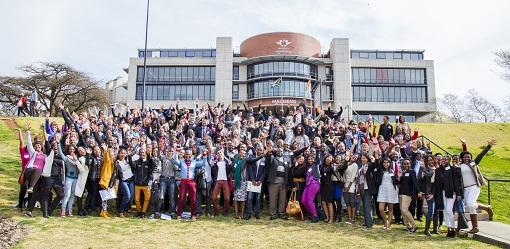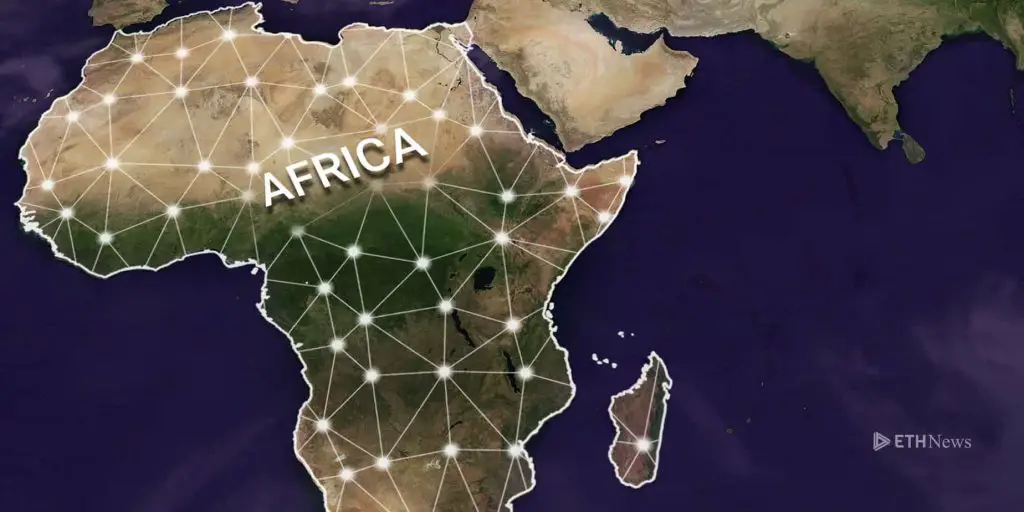- AIM Congress 2025 gets a boost as International Development Bank signs on as gold sponsor
- African energy: Opportunities and challenges presented by Russia’s investments
- Africa’s smart farming push—a revolution or a mirage?
- BRICS summit in Brazil to focus on global governance reform
- Dedollarization: BRICS take on Trump and mighty dollar
- Trump’s second term: A rare opportunity for real African energy independence
- ‘Perfect storm’ in South Sudan demands urgent action – UN
- Kenya’s green gold rush that clean energy investors can’t ignore
Browsing: Blockchain
Africa’s digital transformation has caught the entire world by storm. Various countries from all four regions of the continent are each pioneering to attain dominance within the advancing digital economy. However, despite numerous inventions, one category stands out: Africa’s blockchain ecosystem.
Blockchain technology has ushered in a new industrial revolution and forever changed the continent’s trajectory. From introducing a new financial system, fintech, to operating medical databases and providing new voting systems, this new technology has broken barrier after barrier of innovation.…
According to the Future Market Insights report, around 9.2 billion tonnes of plastic have been manufactured globally, out of which only 9 per cent is recycled!
The technology helps to protect manufacturers and consumers against food and drug counterfeits.
With the plastic waste menace causing unprecedented damage globally, there has been an ongoing movement to discover and use alternative packaging materials, such as paper, glass, and metals.
The dilemma facing the world right now is that even the processes of creating plastic-free solutions often release more significant carbon emissions than conventional plastics.…
- The South African learning institution report has said it will issue blockchain-based certificates to its graduates in 2022
- The report further explains that each qualification document given by the University of Johannesburg will have a QR code to verify its authenticity
- The blockchain-based system is unique because it allows third parties, such as prospective employers, to verify a graduate’s certificate
Africa faces a crisis of insufficiently qualified university graduates, predominantly because of three significant factors. There is a lack of enough universities to administer high school graduates in the continent, a higher preference for overseas education and fake certificates that trash the ability to discern genuine qualifications in the market.
Blockchain technology in University degrees
However, the University of Johannesburg, A university-based in South Africa, has induced blockchain technology in its system to help counter the last setback.
The University has said it will issue blockchain-based certificates to students graduating …
- A blockchain is a distributed ledger that is open to a group of selected participants to store, share and alter decentralized data
- If a new block is added to a blockchain, all the users in all the blocks must confirm the information added for the block to be valid
- Blockchain technology could be of immense importance in Africa to maintain medical records, protect land ownership and secure government records
The primary technology behind cryptocurrencies is blockchain technology, allowing traders and clients to reach a consensus without necessarily trusting each other.
But over time, owing to its excellent security status, the technology has gained substantial mainstream attention and is steadily seeping into education, health and governance, among other sectors.
A blockchain is a distributed ledger that is open to a group of selected participants to store, share and alter decentralized data. In simple terms, a blockchain is a chain of blocks …
On a spiritual level, the fracturing of the relationship between the people and the land as urbanisation kicked in with a vengeance is causing lasting and severe damage to the environment and the population’s food security.
The curious thing to a British observer is that nearly all of the people of my age (more than 50 years!) whom I know and who are at the top of their professions in finance, government, trade, hospitality or retail are also…..farmers.
In fact, I know hardly anyone who came to the big city seeking an escape from rural ways who is not now farming in the village or on the outskirts of their city. Many times I see them a good deal more excited about their crops than they are about their balance sheets.…
- Africa’s technology adoption is a crucial factor for the smooth adoption of blockchain.
- Africa has some of the most highly ranked global crypto adoption indexes.
- Most African countries have not allowed crypto to be included in economic transactions.
As much as Africa struggles with technological challenges, including the digital divide, still, the second-most populous continent has stood high when it comes to cryptocurrency adoption, bringing the crypto market to $105.6 billion by the year ending June 2021.
In countries such as Tanzania, Kenya, South Africa, and Nigeria (ranked in the top 20 Global Crypto Adoption Index), fintech has taken a serious step towards serving millions of unbanked citizens. These nations have taken another step—they have been a significant catalyst in promoting cryptocurrency’s growth, thanks to the vast expansion of smartphone use which ultimately leads to accessing blockchain networks.
According to a September 2021 publication by The African Report, crypto adoption …
Nigerian fintech start-up, Aella has raised a $10m debt financing round, from HQ Financial Group (HQF), Singapore-based private company specializing in new material science, semiconductor and blockchain financial investments.
This debt financing round is Aella’s second raise and will bolster the company’s commitment to serve the underbanked population in West Africa and other emerging markets. The FinTech is focused on improving financial inclusion for West Africa’s low-income segment.
Aella was founded in late 2015 by Akin Jones, CEO and Akanbi Wale, CTO in Lagos, Nigeria and has remained committed to building trustworthy credit for emerging markets with an initial focus on Nigeria and the Philippines, where the company is licensed to operate. Aella has made a visible impact on the lives of more than 300k borrowers across its Employer Backed and Direct to Consumer Verticals, who now have access to simple financial products.
For millions of poor and low-income households, …
